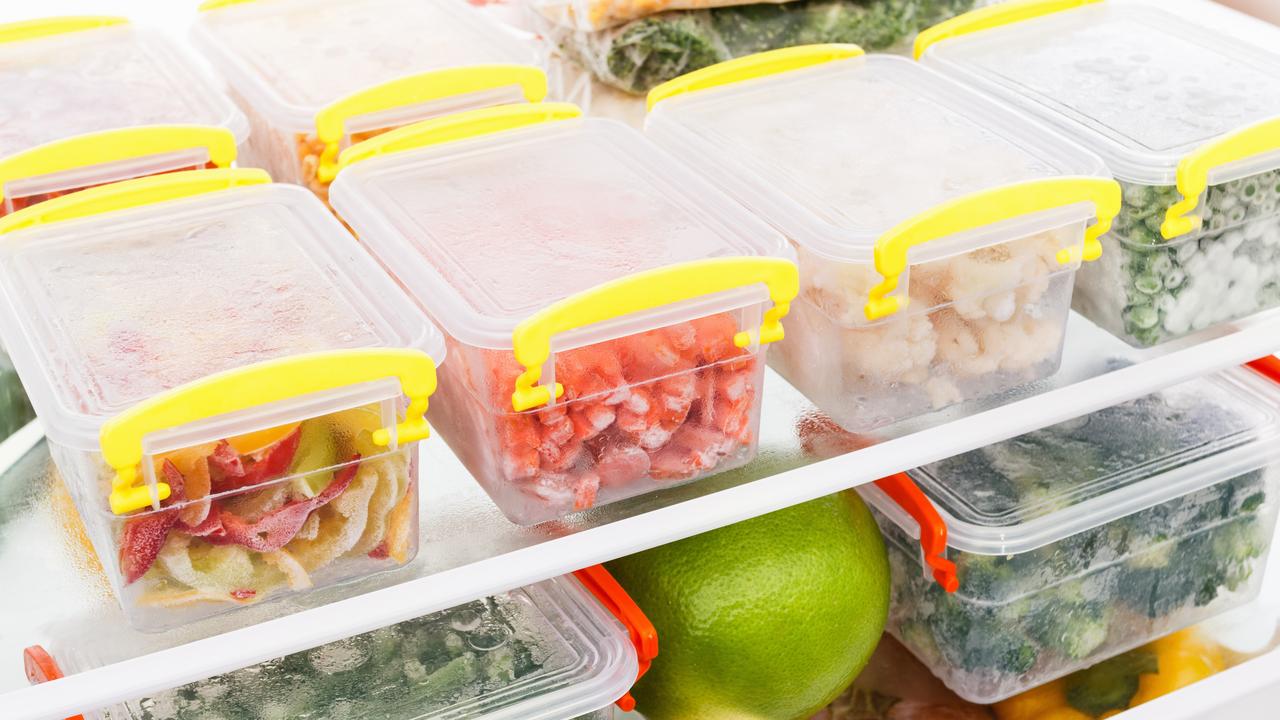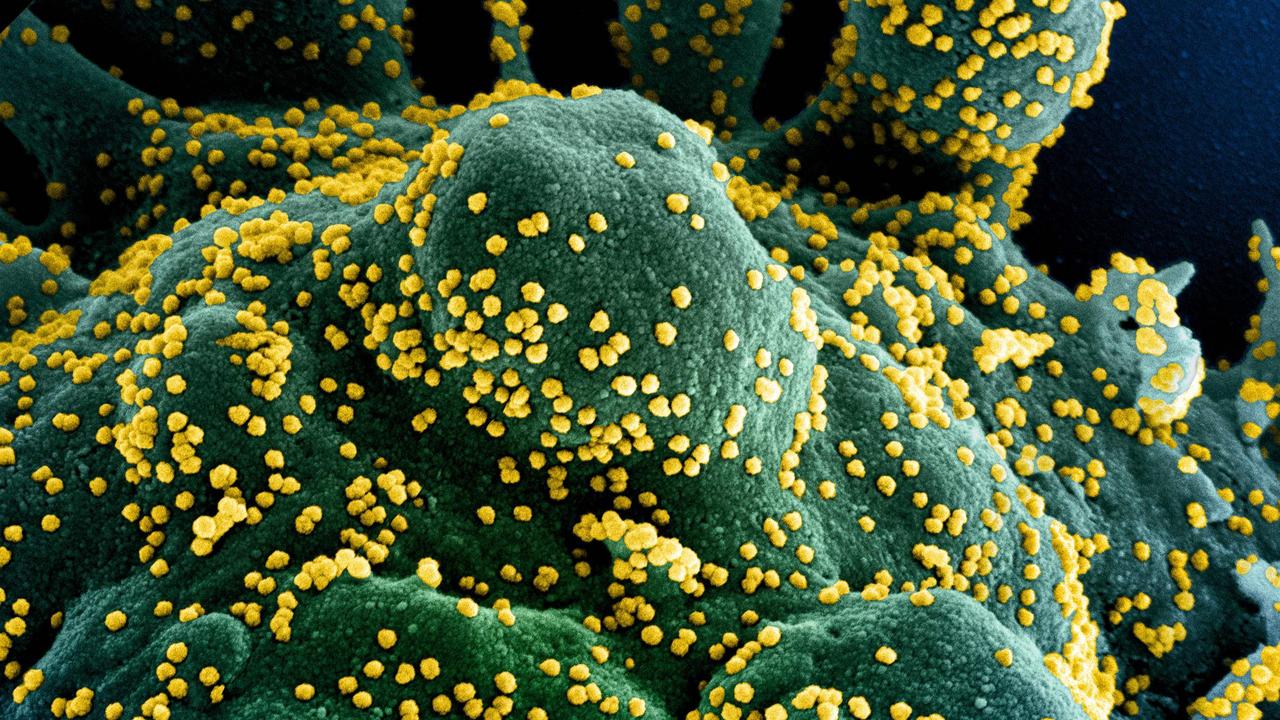Coronavirus New Zealand: Virus hunters investigate frozen food risk
As New Zealand grapples with its mysterious coronavirus outbreak, experts have flagged a terrifying new way the virus could spread.
Virus hunters in New Zealand are racing to determine whether the mystery outbreak after 100 days COVID-free could have been freighted into the country in frozen food or even remain frozen in a cold storage facility for weeks.
And while infectious disease experts believe it’s more likely the virus was quietly bubbling away underneath the surface in Auckland as the nation celebrated “eliminating” the virus, the prospect it could be “frozen” and remain infectious is troubling.
The concerns have been sparked by the fact that one of the family members in the mystery COVID outbreak worked in a cold storage facility.
New Zealand’s director general of health Dr Ashley Bloomfield confirmed on Wednesday that “environmental testing” of a cold storage facility where the person worked will now be conducted.
“We do know from studies overseas, that actually, the virus can survive in some refrigerated environments for quite some time,” he said.
“We start by looking at all the options and ruling then out, and that’s the position we’re in at the moment.
“In general the role of surfaces for transmitting the virus has probably been overemphasised in the past.
“There’s much more focus now on transmission in indoor environments, and respiratory droplets and aerosols.”
RELATED: New Zealand lockdown: Stage 3 restrictions after new coronavirus cases


RELATED: New Zealand lockdown: Panic buyers queue at Auckland supermarkets
To date there appears to be no credible evidence of virus transmitting through food, freight or food packaging.
“I know that the virus re-emerging in our community has caused alarm and the unknown is scary. That causes anxiety for many of us,” Bloomfield said.
“We are working hard to put together the pieces of the puzzle as to how this family got the virus. We are testing all close and casual contacts.”
But some experts have raised the possibility the virus could last for months in frozen environments with China blaming frozen food for a second outbreak this year.
Wu Zunyou, Chief Epidemiologist of China’s Center for Diseases Prevention and Control, told Chinese state media this year that the virus can survive on the surface of frozen food for up to three months.
Infectious Diseases physician Professor Peter Collingnon told news.com.au he was still sceptical that the virus had been “imported” into New Zealand in frozen food.
“But I have always worried when people talk about elimination, it can be so mild in people in their 30s and 40s that it can just be there bubbling away without you knowing,’’ he said.
Prof Collingnon said genomic testing which could potentially link the virus to other earlier strains in the community was the key to working out where the virus came from after 100 days COVID free.
“We will have to wait for the genomics. I think it’s much more likely it was bubbling under the surface rather than frozen food. But was it from a high prevalence area? It is possible,’’ he said.
“Particularly if its fecal contaminated, because we do know this virus is in faeces.
“Look, my view is one of the places there’s the highest risk is abattoirs. It’s cold, refrigerated.”
The cold storage facility where the NZ man worked in Mount Wellington has been shut down for testing and cleaning with 160 staff across all the facilities tested for COVID-19.




